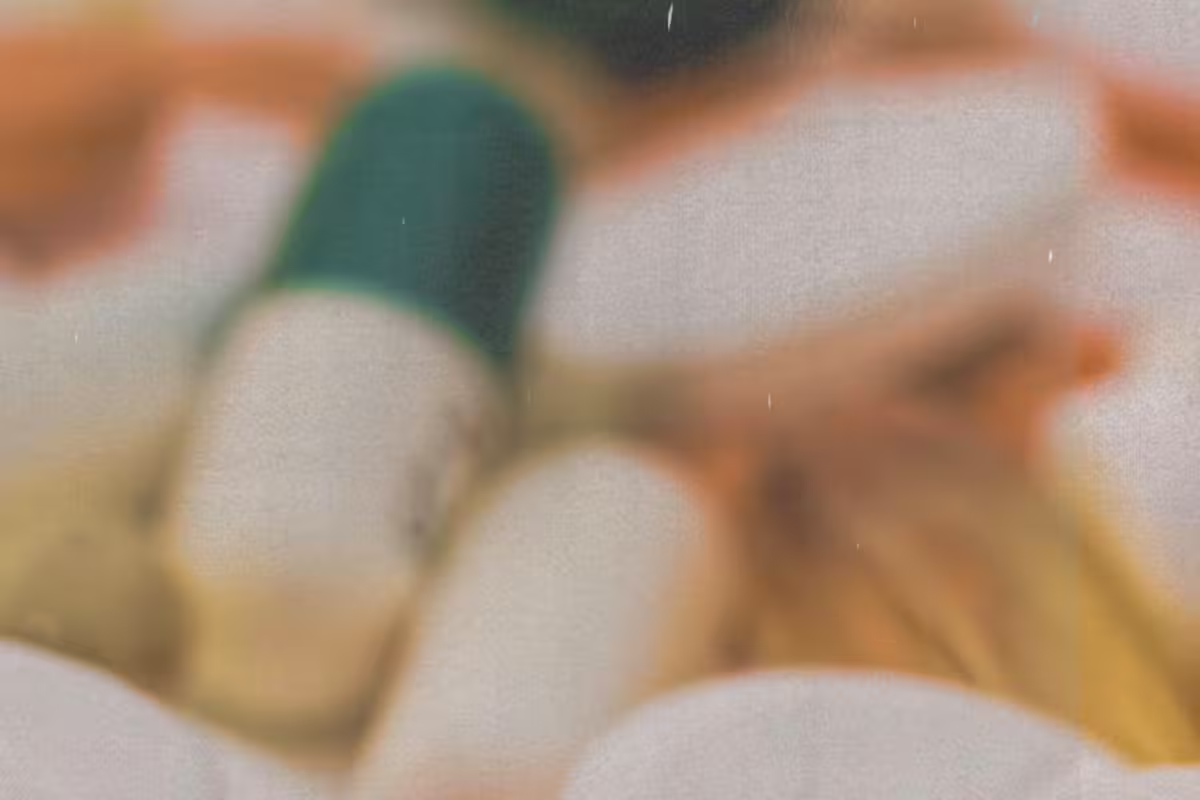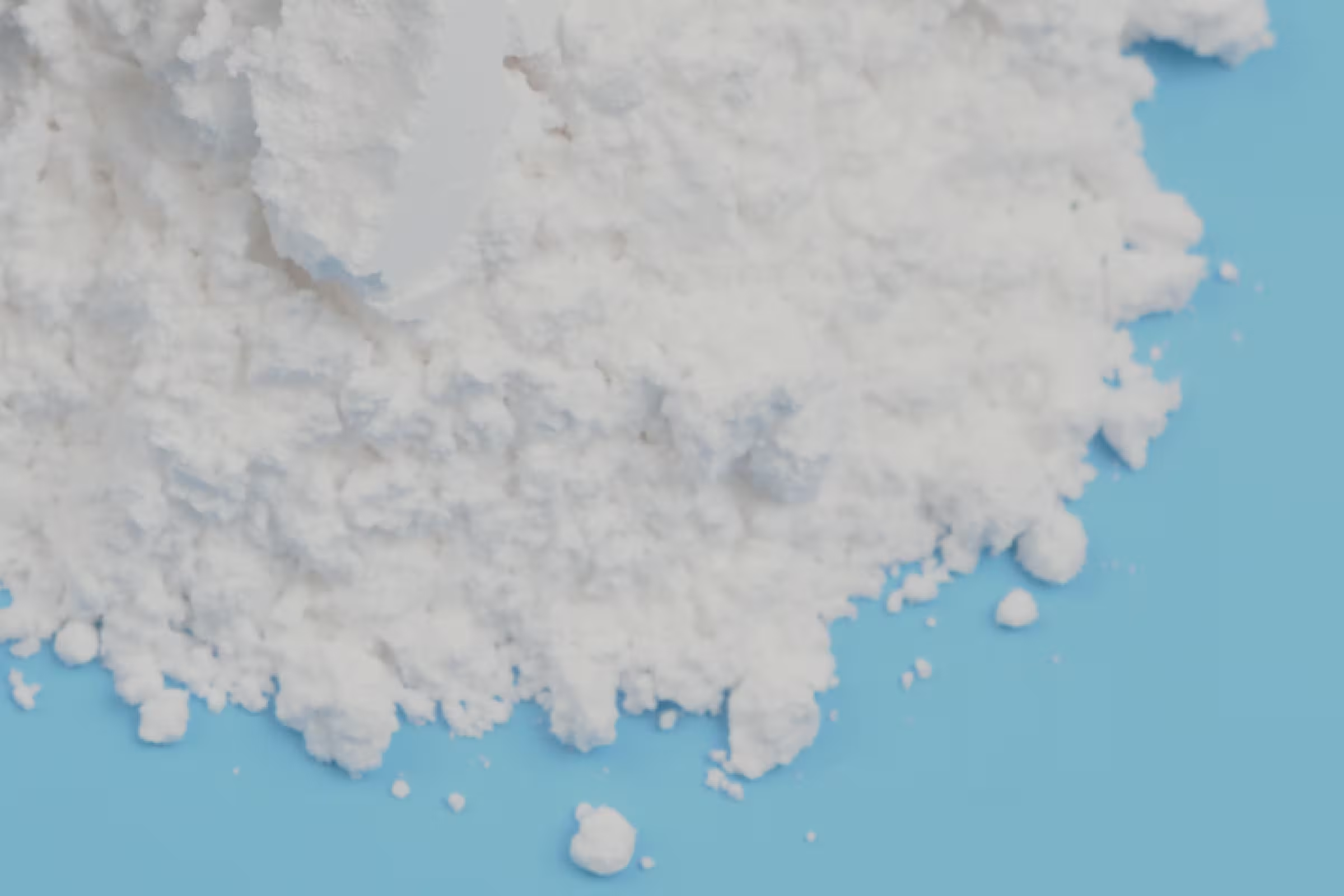

What's Causing Itching & Irritation "Down There": Your Vagina or Vulva?
Irritation “down there”? It might not be your vagina. Read our article to learn more about how to tell when your discomfort is vaginal vs vulvar.
Words by the Evvy Team
Scientifically edited by Dr. Krystal Thomas-White, PhD
Medically reviewed by Dr. Christine Vo, MD
The moment you feel discomfort, itching, burning, or any other irritation below the belt, your first instinct may be to assume it’s your vagina. And in many cases, it is! But thanks to lackluster sex education, we tend to forget (or don’t even realize in the first place) that the vagina is only one part of the genitalia that can cause uncomfortable symptoms and infections. Your external genitals (collectively known as the vulva) can also be at the root of the issue.
Anatomy 101: Vagina vs. Vulva
Back to the lackluster sex ed, it’s not uncommon for people to feel a little lost when it comes to the specific anatomy of internal and external genitalia.
The word vagina has become a colloquialism for genitalia, but it actually refers to a specific part.

The vagina, on the other hand, is the canal that connects your vulva to your cervix and uterus.
FYI, your vagina has a microbiome, a complex ecosystem of microorganisms, including bacteria and fungi, that has biologically evolved to play a protective role in reproductive health.
Every day, the vaginal microbiome performs the equivalent of modern health miracles. Research suggests that it can fight off infections from yeast and bacterial vaginosis (BV), protect a pregnancy, and possibly even defend against cancer, as well as play a crucial role in your overall health. More on that later!
Itching from the Vulva vs. Vagina
Many of us associate an itch-down-there with a yeast infection. It only takes a few scratches to send us beelining for the pharmacy to grab some over-the-counter yeast infection treatment, desperate for relief.
But there are many other conditions that can cause symptoms similar to a yeast infection, and we're not always good at telling these conditions apart. One study showed that 69% of people who thought they had a yeast infection actually had something else!
To make sure you can get answers quickly, we break down the differences between vaginal and vulvar itching below.
In the Vagina
Remember the vaginal microbiome? Some of the most common causes of vaginal itching have to do with an overgrowth of pathogens (such as Gardnerella vaginalis or Candida) in the vaginal microbiome. This can cause a host of issues from excessive discharge to odor and of course, itching. When it comes to an infection, vaginal itching can be a sign of:
If you’re experiencing an abnormal onset of itching or itching that won’t go away no matter what you do, you should see a doctor! It might be helpful to try a vaginal microbiome test like Evvy’s, which will give you a full picture of protective and disruptive microbes in your vaginal microbiome, as well as their relative amounts.
If your itching is related to something microbial, knowing which bacteria and fungi are camping out in your microbiome can help you and your doctor understand how to create the most targeted treatment for your discomfort.
If you’re looking to learn more about your vaginal microbiome, Evvy’s Vaginal Health Test is the easiet way to understand and improve your vaginal health. And remember that not every issue below the belt is a vaginal issue, and it’s not always a yeast infection! Once you understand more about your body, you can better identify and solve any issues that come up.

Recurrent symptoms? Get Evvy's at-home vaginal microbiome test, designed by leading OB-GYNs.
On the Vulva
If your itching is anywhere outside / around your vagina, it would be considered vulvar or dermatological. Just as different vaginal infections all share itching as a symptom, there are a few different vulvar conditions that can cause itching. These include:
- Vulvar Lichen Sclerosis, a long-term inflammatory skin condition that causes white, wrinkly, dry patches on the vulva and anus.
- Vulvar Lichen Planus, a chronic skin condition that causes inflammation and rash on the vulva and vagina.
- Contact dermatitis, something that happens when skin comes into contact with certain irritants or allergens that cause a reaction (remember, your vulva is skin!)
How do you know if your itching is due to vulvar-related causes? Like we mentioned above, one of the first steps you can take is to rule out anything microbial, such as BV.
Diagnosing Vulvar Lichen Sclerosis or Vulvar Lichen Planus requires a visit to the doctor and a gynecological exam so your provider can examine your vulva. We want to note that a diagnosis of Vulvar Lichen Sclerosis and Vulvar Lichen Planus typically requires a punch biopsy in the office to be sent for histopathology in order to differentiate between the two conditions. Treatments for these vary but can include antihistamines, topical corticosteroid ointments, and topical calcineurin inhibitors (Lichen sclerosis).
If you’re experiencing contact dermatitis, SweetSpot Labs recommends their sulfate-free wash that respects and protects intimate skin, as some sulfates in body washes can be a trigger for people.
Additionally, for soothing itching, burning, or stinging on the vulva, you can try Evvy’s Anti-Itch Vulva Cream, which is specially formulated to calm irritation while maintaining the delicate pH balance of the vulvar area. Always talk to your doctor before putting anything in or around your vulva.
Dryness from the Vulva vs. Vagina
In the Vagina
Vaginal dryness, or dryness inside the vaginal canal, tends to be associated with a decrease in estrogen levels. Also known as vaginal atrophy, this can lead to symptoms such as vaginal dryness, burning and irritation, lack of lubrication, and pain with intercourse and peeing. When estrogen levels drop, the vagina, vulva, and urinary tract can become thinner and drier. This is because estrogen works to keep vaginal tissue thick, elastic, and lubricated.
Most commonly, changes in estrogen occur during menopause, but they can also happen when breastfeeding or during the postpartum period. But other things can contribute to vaginal dryness, such as medications like antidepressants, douching, underlying conditions like diabetes, chemotherapy, or surgical removal of the ovaries.
If you’re experiencing vaginal dryness, your doctor may recommend treating vaginal dryness with suppositories or hormone replacement therapy. A healthy serving of lube during sex goes a long way, too! For long-lasting hydration and relief, Evvy’s Hyaluronic Acid Suppositories are an excellent non-hormonal option. They are designed to moisturize and soothe dryness while supporting a healthy vaginal microbiome and pH.
On the Vulva
Vulvar dryness is very common because it can be triggered by a number of things, like shaving/waxing, certain medications (antihistamines, antidepressants, etc.), chafing/friction, and estrogen loss during menopause.
If you’re feeling a bit dry down there, Evvy’s Soothing Vulva Cream can help moisturize the vulvar area while providing much-needed relief from burning and irritation.
We know that itching around your vagina and/or vulva can be wildly uncomfortable and sometimes quite painful! But before you rush to an over-the-counter solution for temporary relief, do your best to figure out what’s actually behind the itching. We promise that taking the time to assess if your discomfort is vaginal or vulvar will serve you (and your vagina) in the long run!





